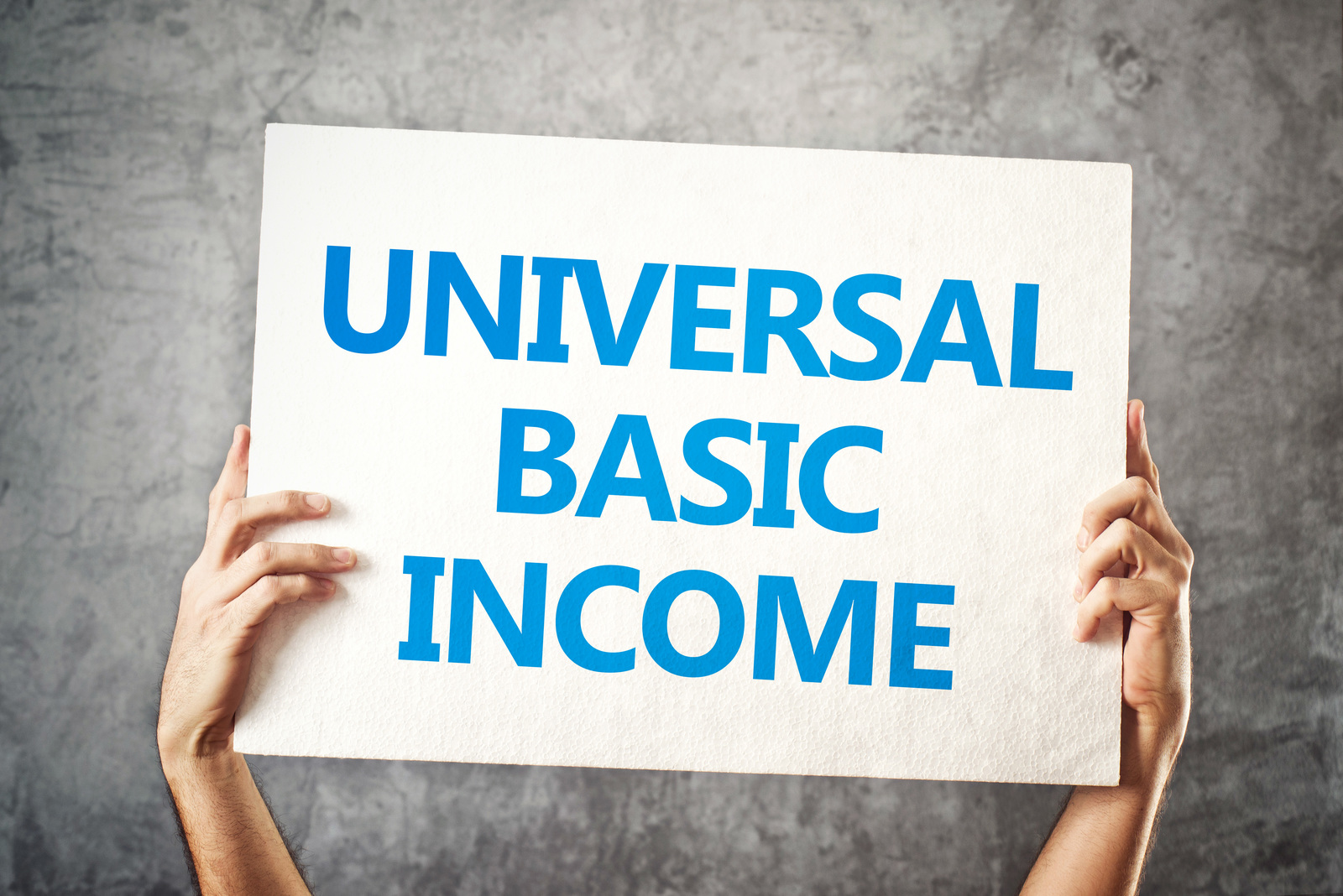⚠️ 2026 UPDATE: Looking for the status of Bill S-233? That bill has expired.
Read our new report on Bill S-206 and the current status of UBI in Canada here. →
The idea is both radically simple and profoundly complex: what if everyone received a regular, guaranteed income from the government, no strings attached? This concept, known as Universal Basic Income (UBI), has moved from theoretical debate to active consideration in Canada, with parliamentary bills and public interest bringing it to the forefront.
But what exactly is it? Is it the same as other government benefits? Could Canada afford it? And is it actually going to happen? For anyone feeling lost in the debate, this is the full story on Universal Basic Income in Canada.
What Universal Basic Income (UBI) Is—And Isn’t
At its core, a Universal Basic Income is a regular payment delivered to all, or nearly all, citizens. The goal is to provide a floor of financial security.
It’s important to distinguish UBI from other programs:
- It is not Employment Insurance (EI), which is temporary and requires you to have previously worked.
- It is not the Guaranteed Income Supplement (GIS), which is specifically for low-income seniors.
- It is not a temporary emergency measure like the Canada Emergency Response Benefit (CERB), though CERB’s rollout during the pandemic gave many Canadians a real-world taste of what a basic income might feel like.
UBI is designed to be a permanent, unconditional foundation upon which people can build their lives, whether they are working, studying, or unable to work.
The Canadian Context: From Mincome to Modern Bills
Canada is no stranger to this idea. In the 1970s, the town of Dauphin, Manitoba, was the site of a famous UBI experiment called “Mincome.” The results, studied years later, showed positive impacts, including higher rates of high school completion and fewer hospitalizations.
More recently, the conversation has been revived. The COVID-19 pandemic highlighted vulnerabilities in our social safety net, and private member’s bills have been introduced in Parliament, such as Bill S-206, which calls for the creation of a national framework for a guaranteed livable basic income.
The Case FOR Basic Income
Proponents argue that UBI is a powerful tool for building a healthier and more prosperous society. Their key arguments include:
- Poverty Reduction: A guaranteed income would lift millions out of poverty and reduce income inequality.
- Improved Health & Education: Studies suggest basic income recipients have lower stress levels, better mental health, and are more likely to pursue education or skills training.
- Economic Stimulus: Proponents claim that giving people more money would lead to more spending on local goods and services, growing the economy.
- A Buffer for the Future: As automation transforms the job market, UBI could provide a necessary cushion for workers in transition.
The Case AGAINST Basic Income
Opponents, however, raise serious and valid concerns about the feasibility and unintended consequences of a national UBI program. Their main arguments are:
- Astronomical Cost: A nationwide program would cost tens or even hundreds of billions of dollars annually. The key question is how to pay for it without crippling the economy.
- Labour Market Impact: A major concern is that a guaranteed income could disincentivize work, leading to labour shortages in key sectors.
- Inflationary Risk: Pumping billions of new dollars into the economy without a corresponding increase in goods and services could lead to significant inflation, eroding the value of the basic income itself.
Answering the Big Questions
The search data shows people have specific, practical questions. Let’s tackle them.
- How much would it be? There is no single answer. The “2k universal income” idea comes from the CERB payment amount. Most Canadian proposals, however, are based on bringing people’s income up to a set level, like the Official Poverty Line, which would vary by person and region.
- How would we pay for it? Proponents suggest a combination of redirecting funds from existing, less efficient social programs and reforming the tax system, such as by reducing tax loopholes or increasing taxes on high earners and corporations.
- Is Canada actually going to do it? A full national rollout remains politically challenging due to the cost. It is more likely we will see further pilot projects or a “basic income” model targeted at specific groups (like people with disabilities or low-income youth) before any universal program is launched.
The Bottom Line
Universal Basic Income is not a magic bullet. It is a complex policy with significant potential benefits and serious practical challenges. The debate in Canada is moving beyond theory and into the realm of real-world possibility, making it essential for every Canadian to understand the full story.

